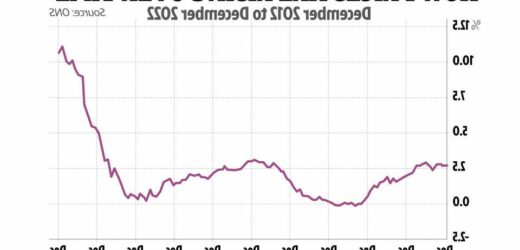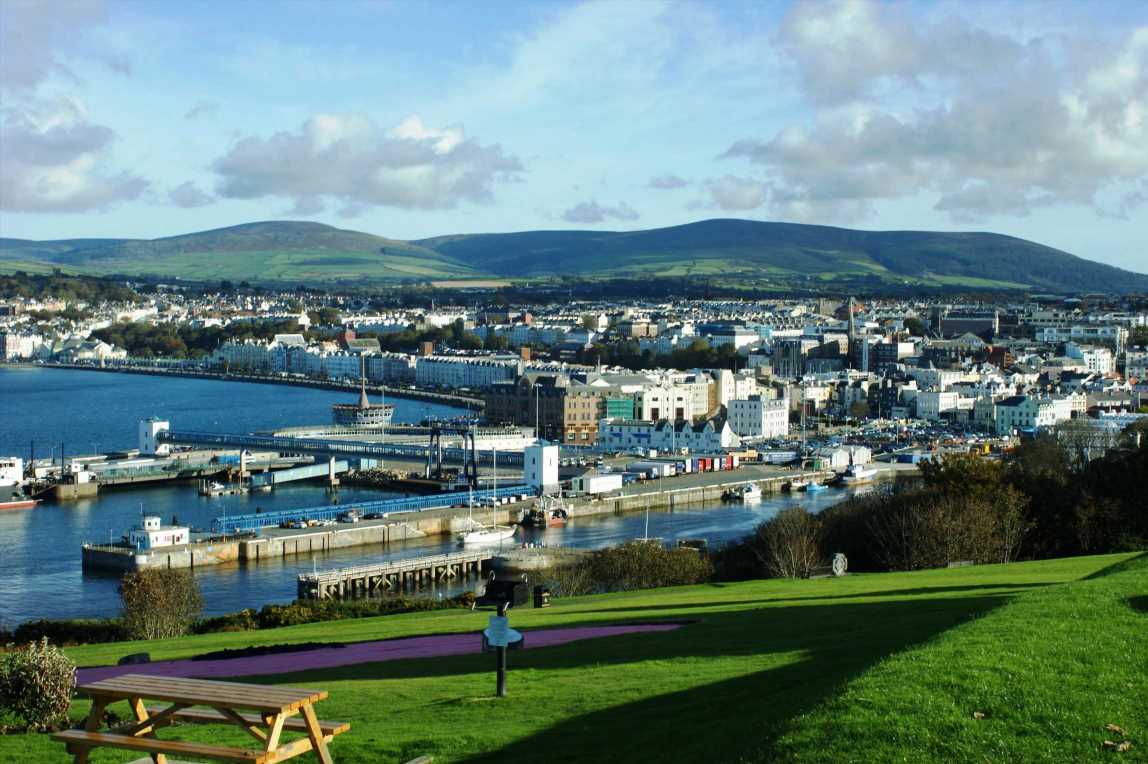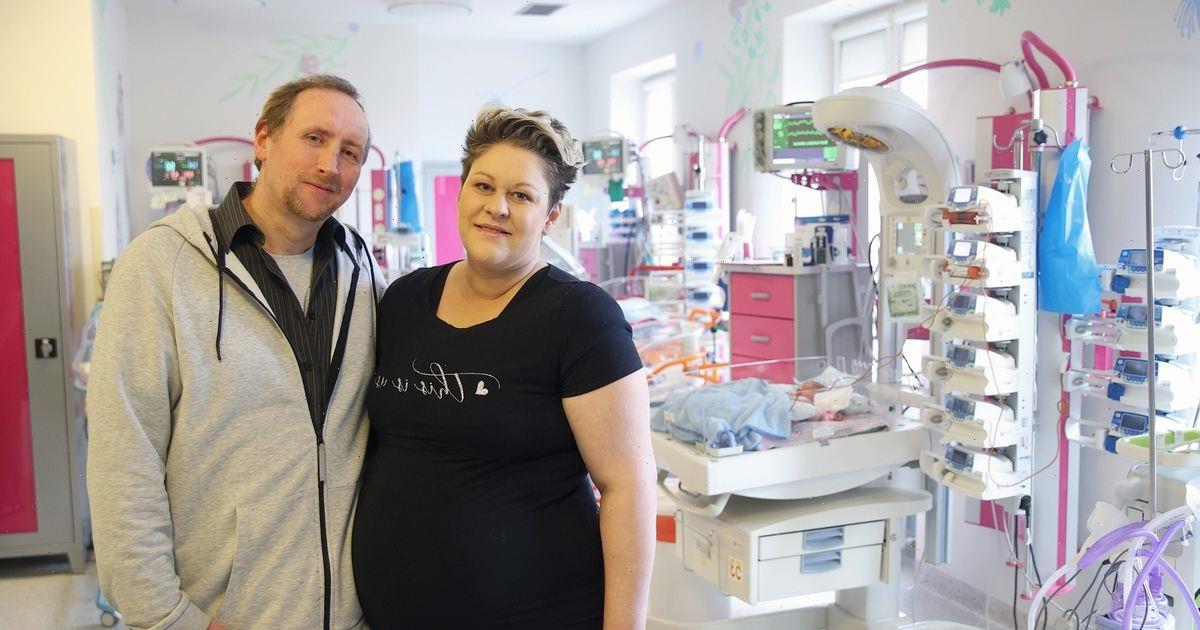THE UK’s rate of inflation fell to 10.1% in January, the latest official figures show.
It’s the third month in a row it has gone down – but prices are still rising.
The annual rate has fallen from 10.5% in December, according to the Office for National Statistics (ONS).
The easing in the annual inflation rate in January 2023 is primarily driven by a fall in transport costs including motor fuels.
Higher household energy bills, and food and non-alcoholic beverages were the biggest driver of inflation last month.
The rate of inflation fell further than many experts predicted – with previous forecasts suggesting it would hit 10.2% in January.
Read more in money
Millions hit by pay cut as real wages fall 3.1% and unemployment remains low
UK narrowly avoids falling into recession as the economy flatlines
George Lagarias, chief economist at Mazars said: "Inflation fell more than expected, as the cost-of-living crisis rages on.
"The January inflation number is consistent with the weakness we have seen in retail in the past six months.
"It means that companies don’t have much more room to pass cost increases to consumers."
Inflation is a measure of how the price of goods and services have changed over the past year.
Most read in Money
Full list of McDonald's' items being AXED from menus tomorrow
Britain’s most popular supermarket has ‘unbeatable prices’ – do you shop there?
McDonald's makes major change adding six new items to menus – see the full list
Millions of households to be hit with council tax hikes within weeks
It has eased slightly since the eye-watering 11.1% seen in October, but is still close to a 40-year high.
Prices are still rising, but at a slower rate than last month.
Chancellor Jeremy Hunt said: "While any fall in inflation is welcome, the fight is far from over.
"High inflation strangles growth and causes pain for families and businesses – that's why we must stick to the plan to halve inflation this year, reduce debt and grow the economy."
The slowdown is good news for stretched households, and some experts believe inflation has now peaked.
What does it mean for my money?
Falling inflation indicates that the cost of goods and services are still rising but at a slower rate.
But prices are still higher than they were.
Food and drink prices rose by 16.9% in the 12 months to December 2022, up from 16.5% in November.
Experts believe the slowdown in the rate of inflation is unlikely to stop the Bank of England from hiking interest rates once more at its meeting in March.
The move will make the cost of borrowing, including loans, credit cards and mortgage repayments more expensive.
Although it's good news for savers as they may get better rates on their nest egg.
Andrew Tully, technical director at Canada Life said: "Despite rising interest rates, inflation remains stubbornly close to the 40-year high, largely driven by energy costs and food prices.
"Households across the country will continue to feel the financial pain as incomes lag behind.
"Today’s numbers will offer little consolation for people on fixed incomes.
"However, for those past state pension age, a double-digit rise in state pension from April will offer some light at the end of the winter months, although April is also likely to see a further rise in average energy bills."
The latest inflation figures follow the news yesterday that total pay in real terms fell by 3.1% in the month to December 2022.
Real terms wage cuts put a squeeze on household incomes especially when inflation remains high.
Meanwhile, official data last week revealed that the UK economy narrowly avoided falling into recession.
Gross domestic product (GDP) was 0% for the three months to December.
It means the economy did not grow or shrink but remained flat – avoiding a recession in the second half of 2022.
A country is in recession if there are two consecutive quarters of no growth.
The UK economy is still expected to shrink in 2023 and the Bank of England predicts a recession.
Read More on The Sun
My ‘Karen’ neighbors don’t like the outfit I wear to mow my lawn
Warning as shoppers have just hours left to use vouchers at popular retailer
But, in some good news, the BoE said in its last Monetary Policy Committee meeting that the UK faces a much shallower recession than it first predicted.
Source: Read Full Article











